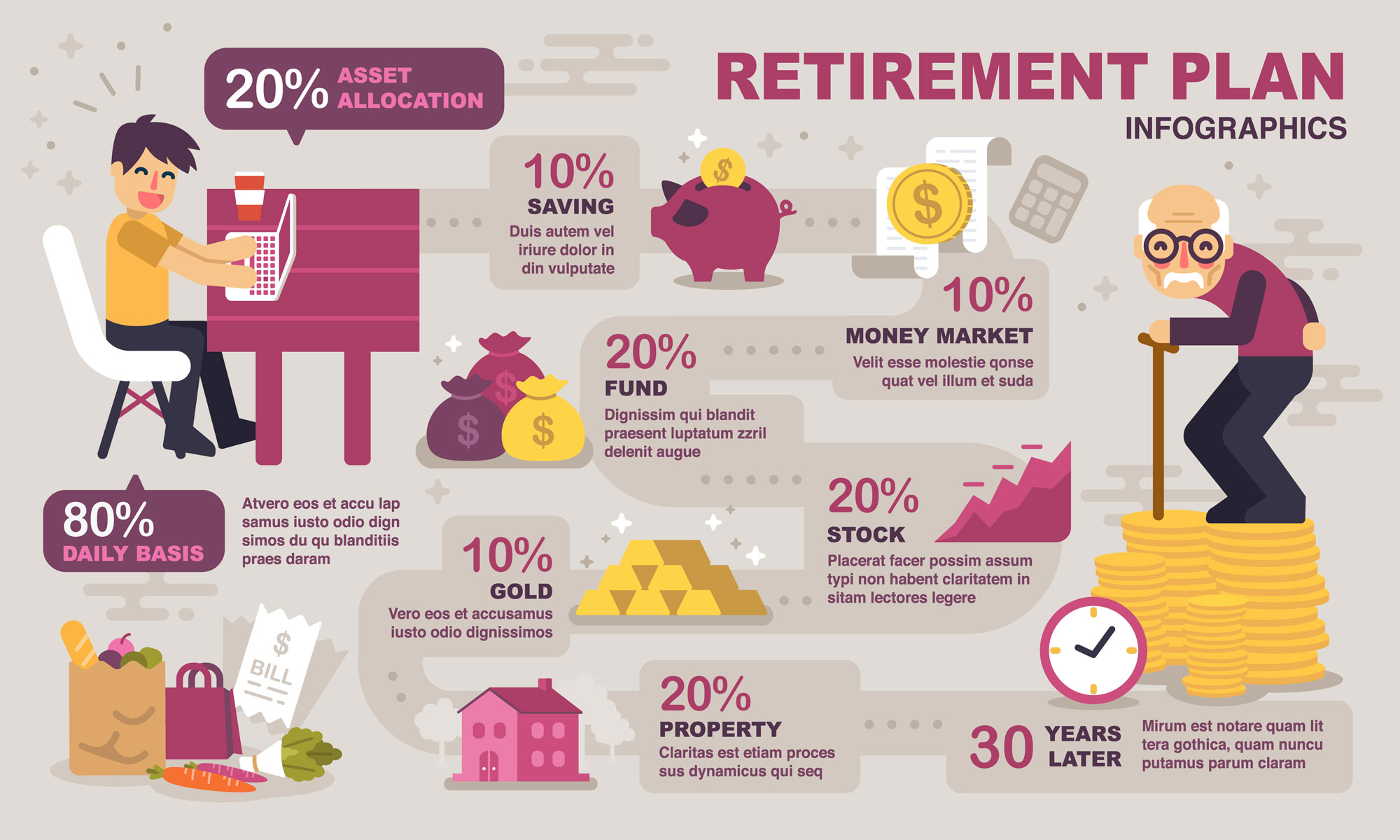Retirement Planning

FAQ
When should we take Social Security?
Do I need long-term care insurance?
Should I spend my savings or 401(k) first?
What kind of lifestyle can I confidently afford to have?
How do I coordinate my portfolio’s investments and spending?
Most clients ask at what age they should retire.
We prefer a different question:
At what income level do you want to retire?
The most important aspect of your retirement plan is how you will actually live your life when you stop working. We understand that life is about much more than just money and will work with you to establish a sense of what your life will look like once you retire. Not the day after you retire, but over the first year or two. There won’t be anything written in stone, but it helps to have some sense of what you’ll be doing once you stop working so you can estimate how much income you’ll need. While the rule-of-thumb is that you’ll need 80% of your pre-retirement income to live comfortably, we’ve found that most of our clients spend the same amount of money during retirement as they did before they retired, especially during the first few years. We don’t use rules-of-thumb, instead we use our thirty years of experience, and the time we spend getting to know you.
After estimating expenses, we review your sources of income – both guaranteed and variable. If there is a shortfall between your guaranteed sources of income (e.g., Social Security, Pensions) and your expenses, it will have to be filled by income from your financial assets. These would include IRAs, 401k’s, taxable investment accounts, bank accounts, and annuities. The real challenge here lies in determining the rate of return you will need from your financial assets to fund any shortfall between your guaranteed sources of income and your expenses. We will work through a variety of scenarios to meet this challenge, understanding that inflation is perhaps the biggest hurdle to overcome, but so too are unknowns like your future healthcare expenses and longevity. Our goal is to build a portfolio that will provide an income stream that increases every year to keep up with inflation.
There are three critical elements we call to your attention as they are often overlooked:
Increasing Lifetime Income Need – The need for a stream of income that increases every year is more important than ever. With the prospect of paying for retirement over 30 years or more, retirees need to be concerned with maintaining their cost-of-living.
Health Care Needs - Longer life spans can also translate into more health issues as we age. And Medicare may not provide the coverage you need, especially if you develop a chronic illness. Planning for long-term care options is a key element of our retirement planning for you.
Estate Protection - Planning for the transfer of assets at one’s passing is a critical element of retirement planning especially if there are survivors who are dependent upon the assets for their financial security. Planning for estate transfer can be as simple as drafting a will, which is essential to ensure that assets are transferred according to the wishes of the decedent. Larger estates may be confronted with settlement costs and sizable federal or state death taxes which could force liquidation if the proper planning is not done.


